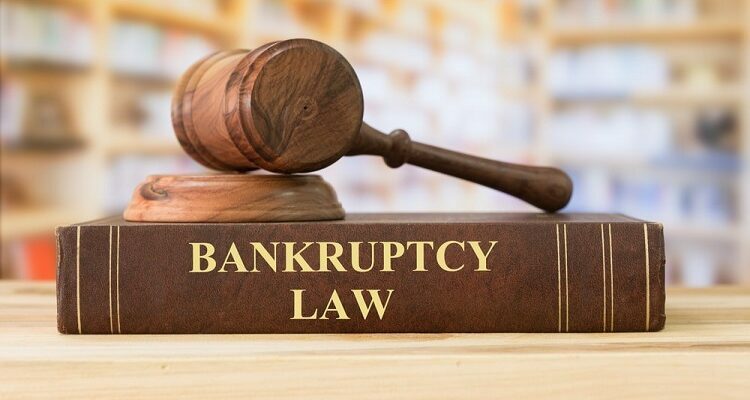People often have their reservations about bankruptcy. After all, it is associated with embarrassment. However, the global pandemic has changed many things for organizations and employees. If you were fired during the pandemic or are dealing with debts that you cannot possibly repay, you may have to consider debt relief through bankruptcy. There are two options – Chapter 7 and Chapter 13. The latter is more of a repayment plan. To understand what may work best for your situation, consider consulting a Clark County bankruptcy law firm. For your help, here is an overview that can offer some insight.
Table of Contents
Knowing the benefits
Let’s start by saying that bankruptcy is never the first option for debt relief. You can consider other measures, like debt settlement and debt reconciliation. Chapter 7 bankruptcy allows you to discharge most of your unsecured debts and unpaid loads, barring a few exceptions. Also, you can keep your car and house, provided you can pay the installments as per the plan. The process takes a few months, and once you file for Chapter 7 bankruptcy, you get an automatic stay, which means creditors cannot harass you for payments anymore. While your credit score will be affected, you can work on it immediately.
On the flip side
It is important to understand that Chapter 7 bankruptcy is not for everyone. If your income is more than your state’s median income, you may not qualify for the option. Each case is unique, and therefore, the court will decide accordingly. The flip side is Chapter 7 bankruptcy remains on your credit report for as long as ten years. It also means that you wouldn’t qualify for a traditional mortgage. However, it is still possible to get loans, but typically on a much higher interest rate. Also, Chapter 7 bankruptcy doesn’t get rid of all debts. For instance, if you were paying spousal or child support or have student loans, you must pay for those debts.
Consult an attorney
Always consider consulting an attorney for your Chapter 7 bankruptcy questions. They can assess what you earn and how you can repay your debts in other ways. If nothing else seems to work out, they will recommend bankruptcy along with what it may mean for your circumstances. Don’t shy away from asking about the necessary details or how bankruptcy can affect your ability to work on your credit score.
You can complete the Chapter 7 bankruptcy process in as little as five to six months.













Comments